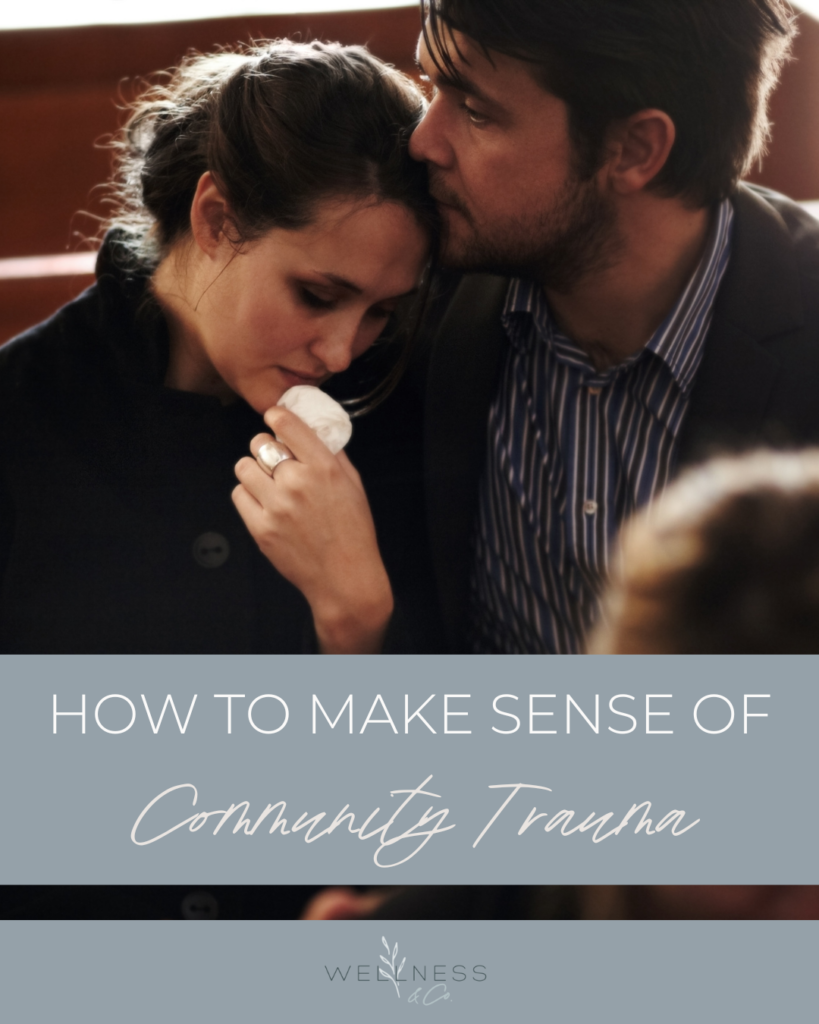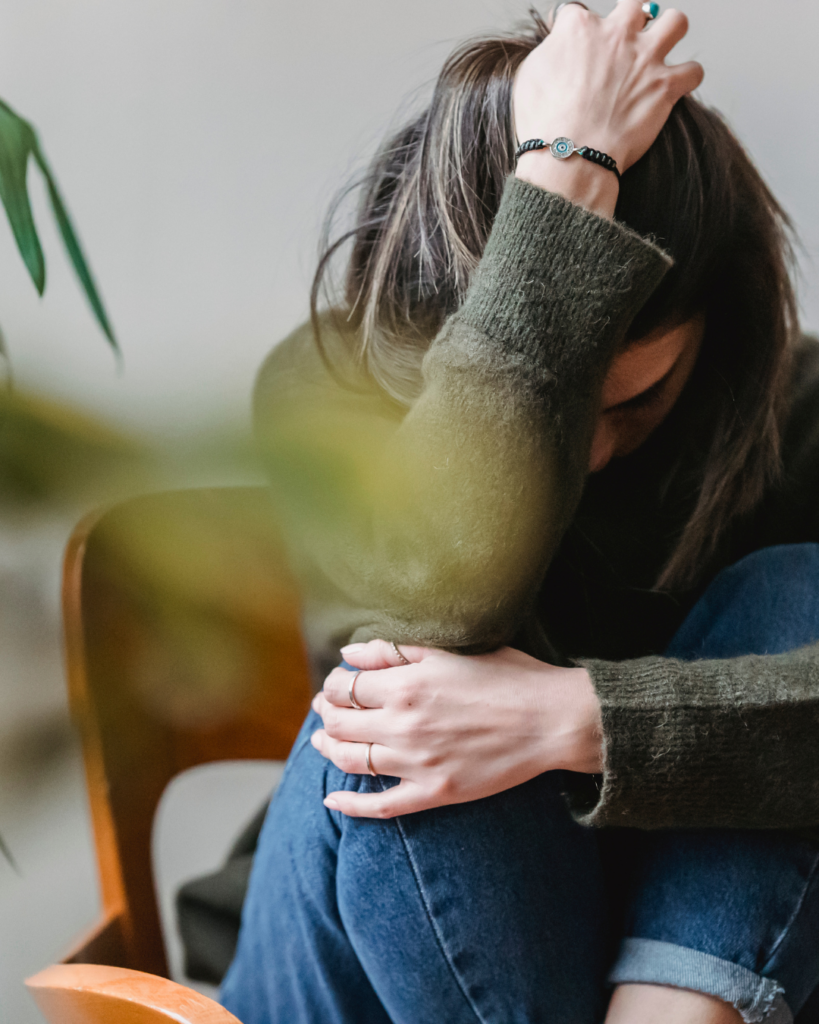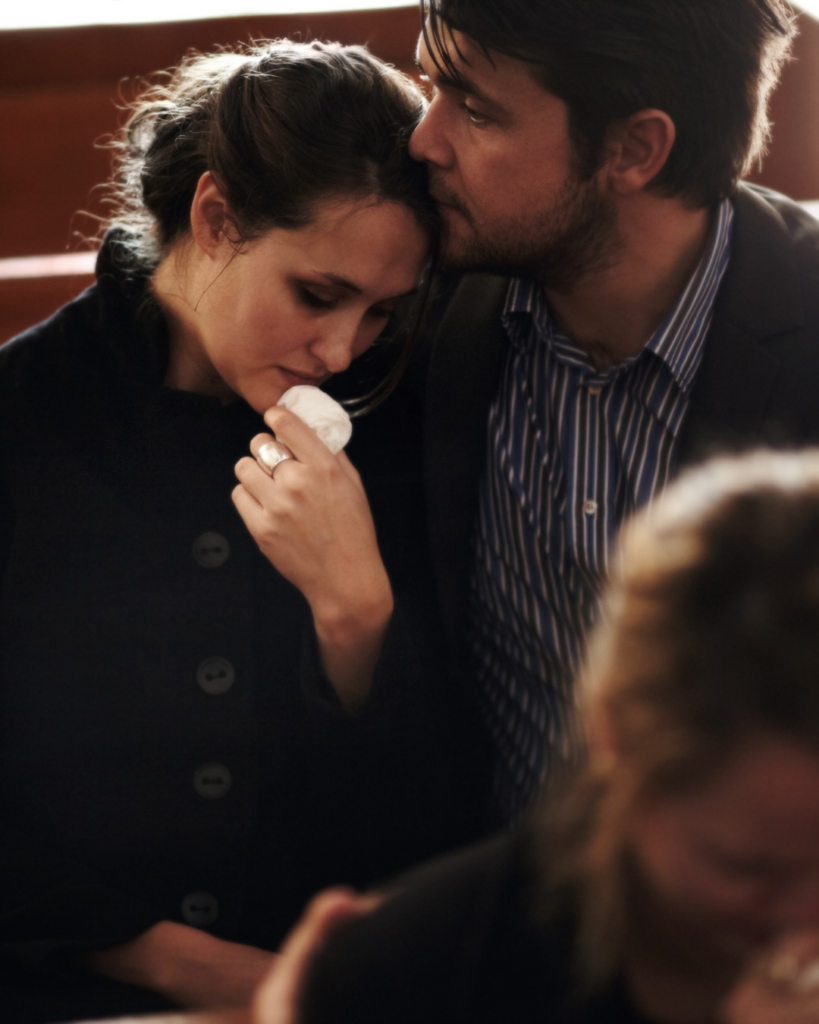Follow
Wellness & Co.
Hi, I'm Dr. K, Wellness & Co. is a growing therapy/coaching practice and educational hub for prospective clients based in Maryland and virtual clients all over the world!
Hi, I'm Dr. K
free guide
e -books
e -course
How to Make Sense of Community Trauma
August 7, 2023
By Dr. Kendra O’Hora, PhD, LCMFT

Murder in a Small Town
By now, you’ve likely heard the news that our small town of Harford County made national news for something beyond gut wrenching – homicide.
On Sunday, the body of a local mom of five, believed to be Rachel Morin, was found on the Ma & Pa Trail. And although the details are still unfolding and the local press conference didn’t yield nearly as much as we would hope, we do know that she was murdered.
Let me first pause to acknowledge the family and the absolute tragedy of their loss. And it seems from what I’ve read they’ve experienced a few losses in this season and I am aching for the days and months they have ahead of them. Goodness, it’s horrific.

Processing the Unfathomable
When something like this happens it can be incredibly confusing. Our bodies have these weird ways of reminding us of our own traumatic experiences in a hijack fashion with brief words or images jumping across our minds. Doing so to send off serious alarms all while pulling us through mental gymnastics to make sense of everything.
If you’ve been in a mess of bodily discomfort and/or intense mental vigilance for the last 24 hours, you’re not alone. In fact, if you are having any form of a reaction, whether in your body, your heart, or your head…this is your encouragement to dig deeper into processing your experience of community trauma.
Stop Qualifying Trauma!
Has your mind begun the process of dismissing your relationship to this event? Perhaps you’ve already determined that you didn’t know her personally but one or two of your FB friends did and so they must be feeling actual upset. Or, maybe you haven’t brought up your angst or fear with a friend or family member because then you’ll be “Making it about you.”
Comparative trauma is a process of minimizing our own traumatic experiences because they aren’t “as bad” as what someone else has gone through. Our culture reinforces the pendulum of wanting to be someone who has suffered to chronically ignoring all of life’s difficulties in the spirit of the good ol’ ‘pick yourself up by your bootstraps’ mentality.
This polarization is altogether unhelpful at times like these.
When My Cousin Died
I remember when my cousin died of a drug overdose a few years ago several people asked me right away “Were you close?” While this comment could be interpreted as well meaning it can also perpetuate a complete disconnect from the reality of our interconnectedness especially in a moment when what we really need is connection.
Community Trauma is Not a Foreign Concept
I went to Virginia Tech in 2009, a mere year and a half after they experienced a school shooting where 32 students and staff were killed.
A few years later I moved to Texas where my apartment complex had a random shooting in the rental office.
Then, in 2016, just a year after I moved home, there was a shooting at the Abingdon Panera that left two beloved deputies killed.
In each of these experiences I wasn’t directly involved; or really, involved at all.
But the impact of trauma on our bodies doesn’t calculate involvement. Our bodies have no way of knowing that someone else was involved. Our bodies are just concerned with protecting us, in a big way.
And in the aftermath of each of these traumas I knew something was off for me.
Recognizing When Something is Off
I noticed wanting to read the news in excruciating detail every time a shooting occurred. Reading and re-reading the stories of those who died. I noticed wanting to avoid the Abingdon Panera for fear something could happen again. I noticed occasional thoughts that maybe the stranger I was passing on the street was also unhinged. Was I safe? Am I safe?
Enter the concept of secondary trauma.
Secondary trauma is the impact of hearing about another trauma, often first hand. Secondary trauma can also be called compassion fatigue or vicarious trauma.
Secondary trauma is real and can have quite the lasting impact on your body. Reflect on what you’ve been experiencing since you heard the news, are you:
- Jittery,
- Physically ill,
- Tearful or non-stop crying,
- Suffering from a pounding headache,
- Texting friends and family more than normal,
- Facebook sleuthing or scrolling mindlessly,
- Threat forecasting,
- Reading endless articles
All of these examples and others are ways that our mind, body, and heart try to process a community trauma.
Maybe we need connection. Maybe we need a distraction. Maybe we need space. I think what we also really need is to acknowledge right now that we are, and always will be, a part of a community.

It’s normal to experience confusion, sadness, anger, and fear alongside your community.
Each of us is part of many communities but today we are intimately the community of Harford County. The community of Ma & Pa goers. Or for some of you, the community of Rachel.
You don’t have to know Rachel to experience immense grief at what she experienced that ultimately ended her life and for the overwhelming sadness for her children and family.
Similarly, you don’t have to be directly involved to be heightened and mentally tapped from fear in the last 24 hours.
What Does Fear Say?
Can our children go to the park? Can we grab coffee with our mom friends? Can we walk the dog late at night or grab a late night snack downtown?
Experiencing a community trauma places us all on edge and in a state of questioning.
I know through processing and healing my own experiences with secondary and community trauma that events like these can sit deep and linger longer than we anticipate.
Tracking Your Individual Map of Trauma
First, we experience our typical patterns of shock, some of which might be a denial of how and whether this trauma is relevant for you.
Then, we may experience a surge of adrenaline to know or understand the situation better. This can include researching or talking to others as well as struggling to calm your body down or sleep.
Often our emotions then get bigger and more intense. If you’re not well versed in your emotional landscape, essentially feelings, you may notice more head-spinning or bodily discomfort.
A Crucial Pause
When things get big and intense our survival instincts kick in and our patterned behavior, which I often refer to as ‘auto-pilot mode’ with my clients, comes in HEAVY.
This is when we become slightly more disconnected from our core self leading to even more numbing, perfectionism, people-pleasing, extreme task focus, fantasizing, knowledge seeking, pain avoidance, and dismissal of feelings (your own or others).
Now, more than ever, we need to notice what’s happening inside of us, pause, and begin the journey of allowing.
Allow What?
The journey of allowing involves creating more ease and space around what we experience. It’s subtle, it’s important, and it’s healing.
You deserve to make space for your reactions to this trauma – whether grief, fear, or anger.
You are the Harford County community and a reaction is normal and warranted.
If you need help making sense of this tragedy and processing your own experiences with community trauma, Wellness & Co. has providers ready to support you.
Stay safe and be gentle with yourself this week,
-Dr. K
For more information, consult the Harford County Sheriff’s Department. To learn more or donate to the family you can go to Rachel’s Go Fund Me page.
Dr. K started Wellness & Co. with the desire to provide top-notch therapy to our local community. Now, Wellness & Co., has therapists, coaches, tutors, and professional organizers – all to provide wrap-around, boutique style care to our clients. Dr. K specializes in couples therapy, healing from infidelity, and supporting individuals through relational transitions.
Leave a Reply Cancel reply
CONTACT
Start Here
BLOG
OUR TEAM
SHOP
ABOUT
©2025 Wellness & Co. | All Rights Reserved | Design by EverMint Design Studio
BACK TO TOP
connect with us on instagram
